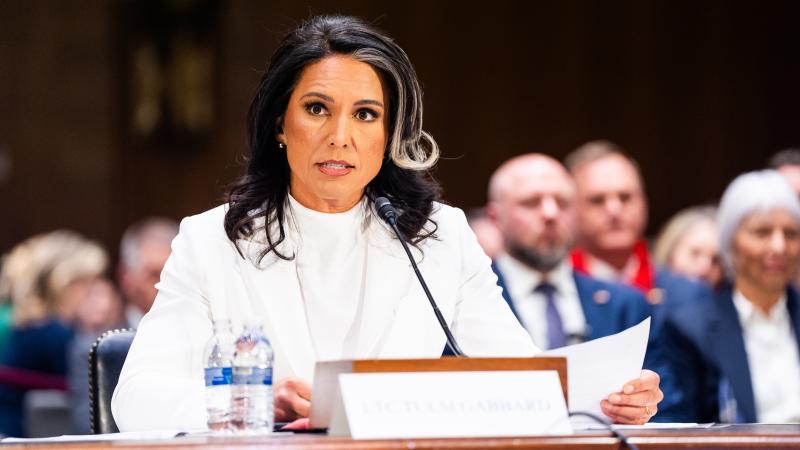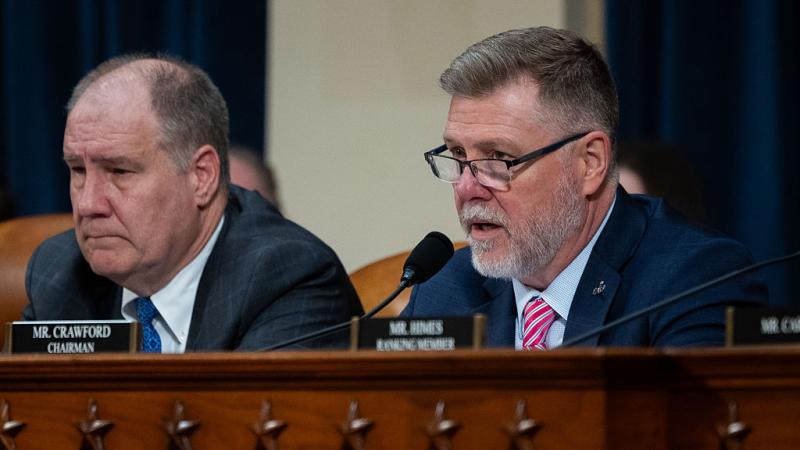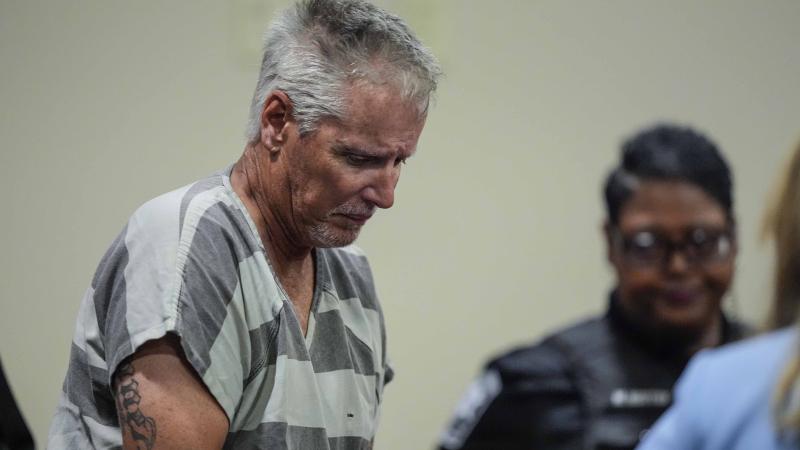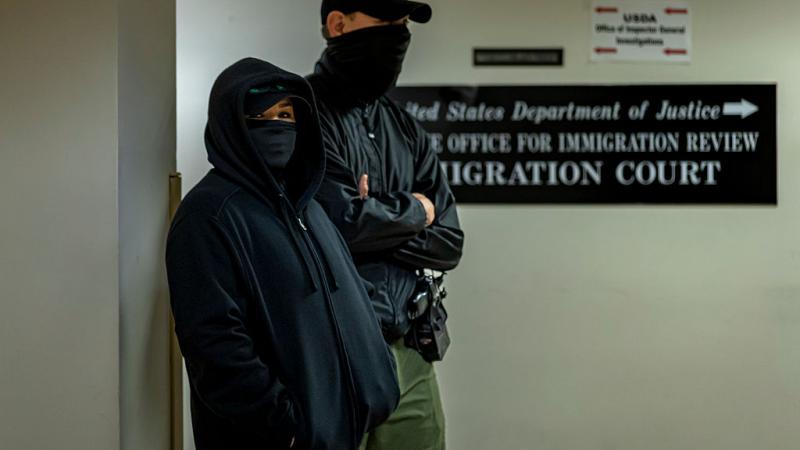Rhode Island investigates school district for banning public from antiracism policy discussions
District proposed suing mother to stop her public records requests about what it teaches students, but backed down after outcry.
A Rhode Island school district is banning public access to meetings where race-related proposals are considered, prompting a mother to ask the state attorney general to intervene.
The South Kingstown School District hired Nonviolent Schools RI to run an "anti-racism book club" and provide training to administrators, teachers and students and workshops for the superintendent and School Committee.
But the organization was also tasked with facilitating 25 weekly meetings of the "BIPOC Advisory Board," which was created by the School Committee last summer, representing about two-thirds of the contracted payment. BIPOC means black, indigenous and people of color.
Those meetings fall under the state's Open Meetings Act (OMA), lawyers for Nicole Solas told the Office of the Attorney General in a letter last week packed with exhibits. She's represented by the Arizona-based Goldwater Institute and Rhode Island-based Stephen Hopkins Center for Civil Rights.
Solas is calling on the AG to force the School Committee to open future advisory board meetings and "set aside" any actions or recommendations the board made while its meetings were closed.
"Pursuant to our usual practices, this Office has opened an investigation into the matter and received submissions from the parties," AG spokesperson Kristy dosReis told Just the News in an email. It will issue "a public finding at the conclusion of its investigation."
Neither South Kingstown interim superintendent Ginamarie Masiello nor School Committee members responded to Just the News queries Monday.
Solas and the district have been locked in an increasingly public battle for two months, since she went public with her efforts to learn "how critical race and gender theories are integrated into lessons, school policies, and contracts."
Denied access to the curriculum and a tour of her daughter's school this spring, Solas started filing reams of public records requests and posting documents she received in a private Facebook group for like-minded critics. Goldwater joined her cause last month because the district "evade[d] vast portions of her requests."
It filed a new public records request for course materials, emails and policies referring to the 1619 Project, Howard Zinn, systemic racism, critical race theory and CRT popularizers Ibram Kendi and Robin DiAngelo, among other terms. The request also sought any request for proposals to conduct an "equity audit."
Though state law limits charges to the "reasonable actual cost of providing electronic records," the district estimated just the emails would cost $74,310, based on nearly 5,000 hours for review and redaction. The institute said it was still deciding "whether to seek to compel production of the records that district has withheld."
An 'antiracist and equity lens'
Blaming her for 200 requests through May, the district considered suing Solas to halt her spree, which prompted criticism from the state ACLU chapter. The chair of the School Committee told the Providence Journal that Solas was backed by a national "racist group," later identified as Parents Defending Education, which is led by two women of color.
"I suspect the South Kingstown School Department is displeased that a parent has found a way to legally compel responses to difficult questions surrounding CRT and gender theory in public school," Solas said in June.
The School Committee voted down litigation in a marathon four-hour meeting where Solas testified, according to Legal Insurrection, which published her original claims. The chair resigned from the committee a few weeks later, blaming "bullies, elitists, slander, lies, [and] trial by social media."
Not only does the BIPOC Advisory Board include two voting members of the School Committee, but its recommendations spurred the committee to adopt an "anti-racism" policy that gives the board influence in hiring decisions, making it indisputably a "public body," according to the July 28 letter to the attorney general.
Solas sought to make the board meetings public in mid-May, about halfway through the February-August contract. She asked chair Robin Wildman why it would want to hide "such important work that opens up honest conversations" about race.
Wildman, who founded and runs Nonviolent Schools RI, said her group is a "private vendor" not bound by the open meeting law. She did not respond to further messages from Solas disputing her characterization, according to the letter.
The board "has accepted and benefited from thousands of dollars of taxpayer money," and its "secret committee meetings produced work which now lands on the agenda of the school committee," Solas wrote back.
The filing cites a May interview in which Wildman said she proposed a BIPOC group to the superintendent "that would look at policies and practices and make recommendations to create a more inclusive, antiracist district." The board has met weekly since September, she said.
Asked about the complaint, Wildman told Just the News in an email: "Nonviolent Schools RI is paid as an outside vendor, just like the bus company is a vendor."
Board member Mwangi Gitahi, who also serves on the School Committee, said in April the board was reviewing district policies "line by line through an antiracist and equity lens … from discipline and suspension to coaching & hiring." Gitahi also mentioned the board's work on an overarching antiracism policy, which his School Committee approved the next month.
The board is clearly a public body under Rhode Island legal precedent, according to the letter. It cites a 20-year-old state Supreme Court decision that applies the OMA to taxpayer-funded bodies with "advisory" power — not just those rendering decisions — on matters of "significant public interest."
It says the School Committee is legally barred from appointing an "informal" advisory body and should have appointed an official subcommittee to handle the BIPOC work, subject to the OMA.
















